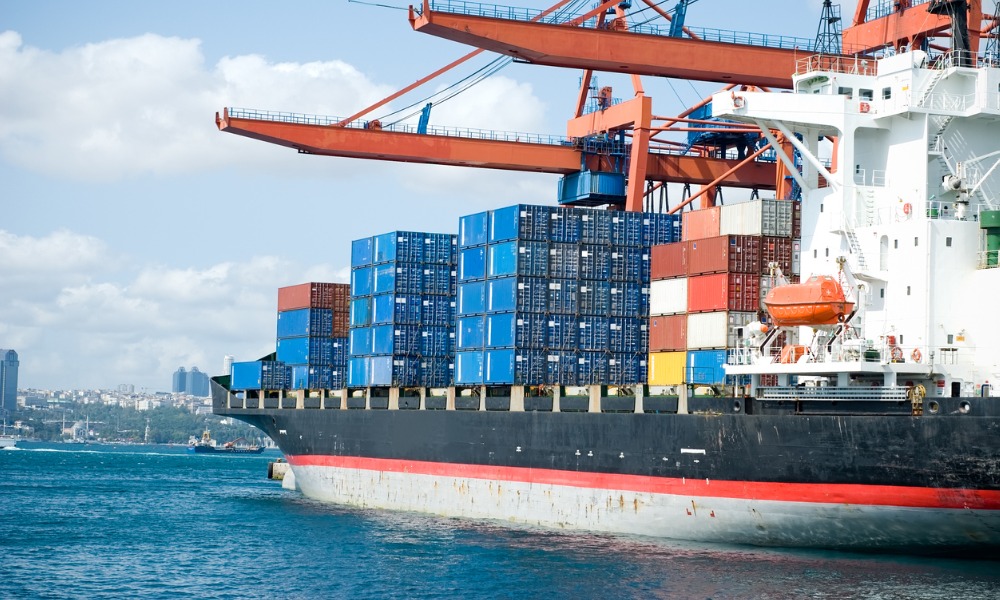How safety concerns in international shipping could impact Canadian companies

Houthi rebels in Yemen have been attacking vessels in the Gulf of Aden, a crucial shipping route for international trade, and the threat could be impacting Canadian companies.
The attacks are unlike anything seen in the region before, according to Salvatore Mercogliano, a maritime history and security expert who teaches at Campbell University.
“This is a unique threat,” explains Mercogliano, who says piracy has long been an issue in the waters off the coast of eastern Africa. But attacks aimed at sinking cargo vessels are very different than a hijacking, “and there's no real defense that you can put on board against drones, cruise missiles, or worse anti-ship ballistic missiles."
Transport Canada sent a statement to Canadian Occupational Safety saying there are currently no Canadian-flagged commercial vessels operating the Gulf of Aden.
“Transport Canada, in cooperation with partners, continues to monitor current tensions in the Gulf of Aden area of risk and will issue directions to Canadian-flagged commercial vessels if this becomes necessary,” reads the statement.
While no Canadian-flagged ships are operating in the area, it doesn’t mean Canadian owned companies or Canadian seafarers aren’t at risk. Marshall Dunbar is the vice president of the Master Mariners of Canada. “The main reason why there wouldn't be any Canadian ships working that way is that most international sailing ships are flagged in other countries," says Dunbar. Those vessels flagged in other countries could still have Canadian connections.
Operating in a war zone
Dunbar and Mercogliano say any company operating international shipping vessels need to make sure they are properly insured to transit these types of dangerous waters, “particularly with getting war risk insurance because this is a declared war zone,” says Mercogliano.
Dunbar says most owners are very responsible due to the large nature of their investment, with millions, and in some cases potentially billions of dollars, worth of cargo at stake. “"One of the keys to make sure the operation runs smoothly is hiring good employees, and they want to protect their employees," says Dunbar.
Hiring extra security is one of the most common ways to enhance safety on board a shipping vessel. “The biggest precautions being done right now is something we saw very similar during the period of Somali piracy, with the hiring and embarkation of security detachments, private security detachments on board,” explains Mercogliano, “that will help prevent the harassing by small vessels and potential boarding."
Re-routing around the hazard
But this latest threat focuses on destruction, not theft, and Mercogliano says the best way to maintain safety is eliminate the hazard.
“It's one of the reasons why you're seeing a lot of ships divert around the area. The United States Central Command, the UK Maritime Trade Office, they're all putting out advisories about sailing through the area,” says Mercogliano, “it is massively disruptive to trade through this region.”
Sailing south, around Africa, to reach the Atlantic adds about an average of ten days for a cargo vessel to arrive in North America. About 11% of global trade passes through the region, and that has dropped by 30%, while overall tonnage of cargo moving through the Gulf of Aden has dropped by about 50%.
"There is a ripple effect,” explains Dunbar, “most things in the world are being moved by a ship at some point."
Another supply chain disruption impacting Canadian companies.





